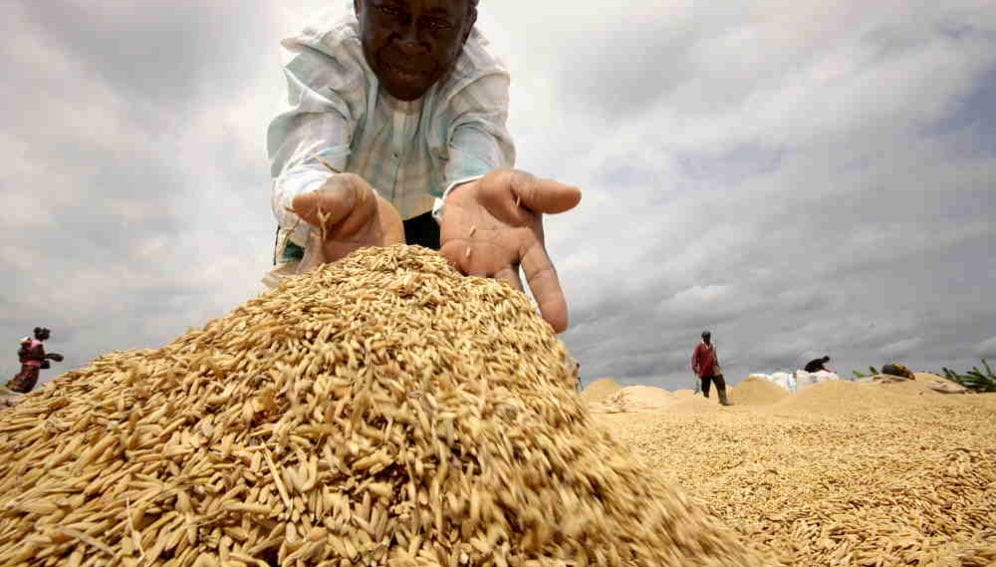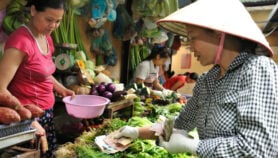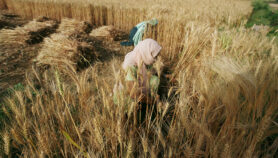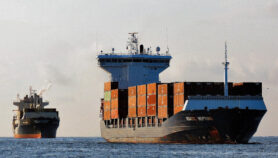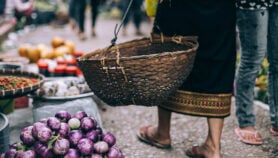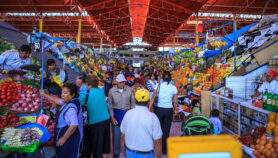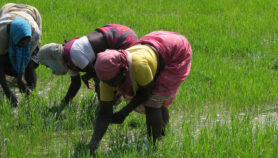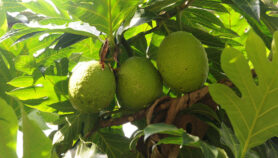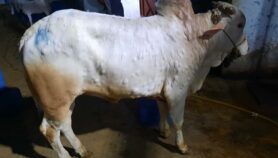By: Fatima Arkin
Send to a friend
The details you provide on this page will not be used to send unsolicited email, and will not be sold to a 3rd party. See privacy policy.
[BANGKOK] A domestic food crisis looms in three West African countries ravaged by Ebola as planting, transportation and cost of rice is severely affected within these countries, international experts warn.
“If these countries break down and their economies go down, their local population will not have the power to buy rice,” Samarendu Mohanty, head of the social sciences division at the International Rice Research Institute, tells SciDev.net during the fourth International Rice Congress held in Bangkok, Thailand (27 October to 1 November).
“The purchasing power of these countries is very low, says Mohanty about the precarious financial state of Guinea, Liberia and Sierra Leone.
According to reports, the fear of Ebola has affected rice shipments from Asia to Africa as ships either refuse to travel to severely hit countries or demand higher freight charges, stoking a food crisis in one of the most malnourished parts of the world.
The UN Food and Agriculture Organization (FAO) was the first international group to report the food crisis affecting the three countries, which are all grappling with what the FAO describes on its website as the largest and most complex Ebola outbreak since the virus was first discovered in 1976.
Guinea is especially vulnerable because its major rice-producing regions are located in forest areas where Ebola started, notes Frederic Lancon, an economist at the French Agricultural Research Centre for International Development.
“I’m worried,” he said at a press conference during the rice congress.
A significant change in local prices, particularly in Liberia, is already happening, added V. Subramanian, vice president of The Rice Trader, a weekly publication of the International Commodity Institute that tracks trends and developments in major rice markets.
During the same press conference, Subramanian declined to offer statistics, but said that more details will come to light around March and April next year when rice imports are at their peak.
The three West African countries are currently harvesting their rice crops, which will be finished in November.
Ebola is unlikely to have an effect on this batch of crops, notes Lancon. The Ebola virus is also not expected to have a major impact on the global market, since the affected countries are not major rice importers.
Challenges are mainly confined to within each of the affected countries, but help is on the way.
A couple of weeks ago, the UN World Food Programme launched a regional emergency operation that will supply food assistance — rice, pulses, vegetable oil and salt — to roughly 1.3 million people residing in the three Ebola-affected countries.
This article has been produced by SciDev.Net's South-East Asia & Pacific desk.


